
A month ago, our Communications Department suggested to us that we should consider using Facebook as a means through which we share the news of our educational activities with our users from the various hospital institutions. We mulled over it and wasted no time in adopting their suggestion and setting up the page. To date, at the time of this post, our Facebook page has attracted 250 fans.
Facebook is one of the tools used in implementing the social media strategy of an organisation. By using such a web-based tool to communicate and establish conversations with people to make them aware of things that are of mutual interests, a knowledge community is created. For business organisations that have products to sell, the advantage of a social media strategy is obvious. For an educational institute like SIMSE the purpose is fundamentally that of sharing knowledge and developing a voice. In other words, we want to tap into the power of Facebook for social networking.
Social media is different from newspapers and television, which we categorise as "industrial media". The term "social media" refers to online content created by people using highly accessible publishing technologies like the Facebook, the blog or the Youtube. For that matter, some people regard social media as a fusion of sociology and technology. In its most basic sense, this hybrid causes a shift in how people discover, read and share information and content. It also transforms people from content readers to publishers with the aid of technology which everyone can operate and use without specialized training.
Unlike the time lag produced by industrial media, Facebook has the advantage of recency in that it is capable of instantaneous responses and interactions. This allows it to capture conversations and dialogue. Our recent experience with the Department's Facebook page has affirmed the networking power of this tool. Some of our Facebook fans have even posted their own content for sharing on our page.

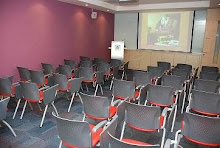
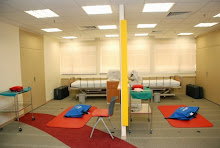

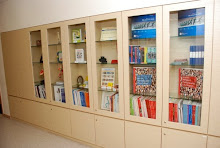
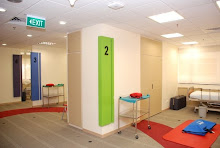
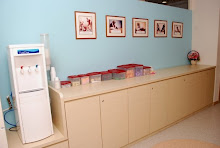


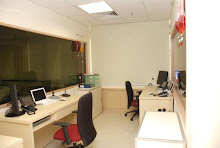
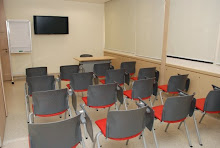

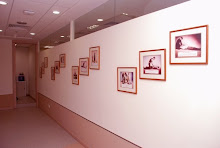
No comments:
Post a Comment